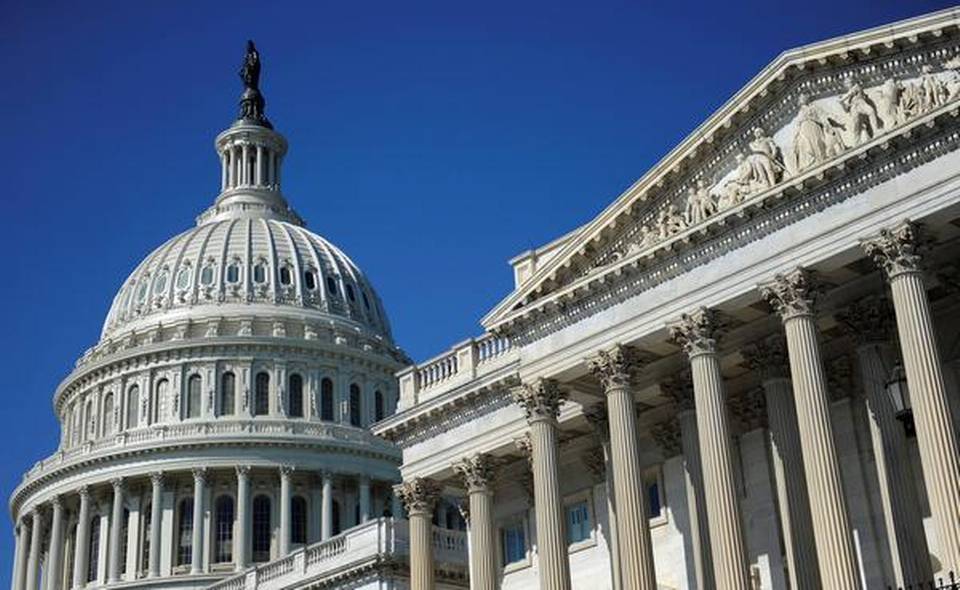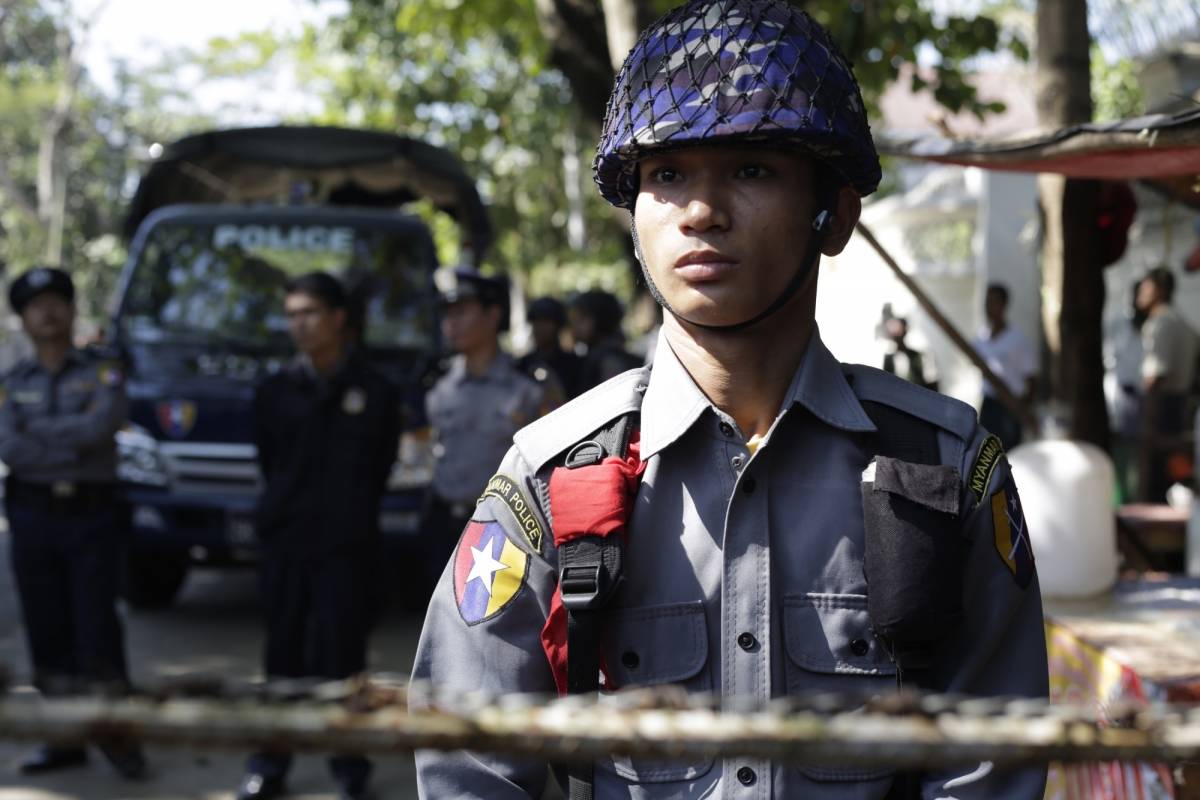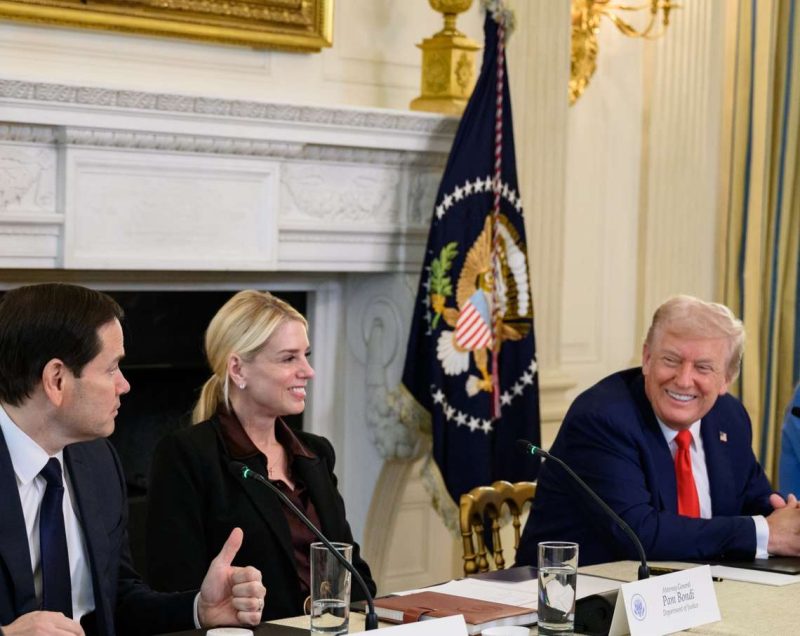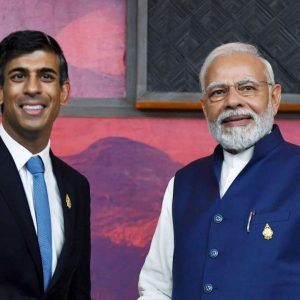“The US must stand with India in the face of escalating aggression from China. As Vice Chair of the India Caucus, I have been working to strengthen the partnership between our countries and ensure that India can defend itself,” said Congressman Ro Khanna…reports Asian Lite News
The House of Representatives has passed by voice vote a legislative amendment that approves waiver to India against the punitive CAATSA sanctions for its purchase of the S-400 missile defence system from Russia to help deter aggressors like China.
The legislative amendment was passed on Thursday as part of an en bloc (all together as a single unit) amendment during floor consideration of the National Defence Authorisation Act (NDAA).
Authored and introduced by Indian-American Congressman Ro Khanna, the amendment urges the Biden administration to use its authority to provide India with a Countering America’s Adversaries Through Sanctions Act (CAATSA) waiver to help deter aggressors like China.
CAATSA is a tough US law that authorises the US administration to impose sanctions on countries that purchase major defence hardware from Russia in response to Russia’s annexation of Crimea in 2014 and its alleged meddling in the 2016 US presidential elections.
“The United States must stand with India in the face of escalating aggression from China. As Vice Chair of the India Caucus, I have been working to strengthen the partnership between our countries and ensure that India can defend itself along the Indian Chinese border,” said Mr Khanna, the US representative from California’s 17th congressional district.
“This amendment is of the utmost importance, and I am proud to see it pass the House on a bipartisan basis,” he said. The law was brought in 2017 and provides for punitive actions by the US government against any country engaged in transactions with the Russian defence and intelligence sectors.

In October 2018, India signed a USD 5 billion deal with Russia to buy five units of the S-400 air defence missile systems, despite a warning from the then-Trump administration that going ahead with the contract may invite US sanctions. The S-400 is known as Russia’s most advanced long-range surface-to-air missile defence system. The US has already imposed sanctions on Turkey under the CAATSA for the purchase of a batch of S-400 missile defence systems from Russia.
Following the US sanctions on Turkey over the procurement of S-400 missile systems, there were apprehensions that Washington may impose similar punitive measures on India.
The US has not yet made any decision on potential sanctions or waivers to India under CATSAA law for its purchase of the S-400 missile defence system from Russia, Secretary of State Antony Blinken said in April.
The Ministry of External Affairs has said that India was pursuing an independent foreign policy and its defence acquisitions are guided by its national security interests.
In his remarks on the House floor, Mr Khanna said there is no relationship of greater significance to US strategic interests than the US-India partnership.
“My bipartisan NDAA amendment marks the most significant piece of legislation for US-India relations out of Congress since the US-India nuclear deal,” Mr Khanna, a Democrat, said.
The legislation says that the United States-India Initiative on Critical and Emerging Technologies (ICET) is a welcome and essential step to developing closer partnerships between governments, academia, and industry in the two countries to address the latest advances in artificial intelligence, quantum computing, biotechnology, aerospace, and semiconductor manufacturing.
Such collaborations between engineers and computer scientists are vital to help ensure that the United States and India, as well as other democracies around the world, foster innovation and facilitate technological advances which continue to far outpace Russian and Chinese technology, it said.
Talk of impending CAATSA sanctions has stalked India-US engagements from the time the law was enacted in 2017, under the Trump administration; it was a bipartisan congressional initiative and then President Donald Trump had no option but to sign it. Then Defense Secretary James Mattis and Secretary of State Mike Pompeo had publicly pressed lawmakers to exempt India and other countries that used be to heavily reliant on Russian military hardware.
Speculation about sanctions picked up in recent months as India began receiving the missiles. But there has been no public indication that the administration is considering them.
President Joe Biden has moved US-India ties to the top of his foreign policy agenda. He called for and hosted the first summit of the Quad group that India and the US form with Japan and Australia – first virtual and then in-person – and has held several bilateral meetings with Prime Minister Narendra Modi.
Observers have been sceptical if the US will indeed sanction India, jeopardising a growing relationship, joined, among other things, by shared concerns about an aggressive China. Additionally, India has been cutting its military reliance on Russia and buying more from the west.
Khanna’s resolution will earn him the much-needed warmth quotient from India, which has been irritated by his very public criticism of New Delhi’s refusal to condemn the Russian invasion of Ukraine. He had also joined the Pakistan caucus of the US House of Representatives.
The other three Indian Americans in US congress are House of Representatives members Raja Krishnamoorthi, Pramila Jayapal, and Ami Bera. The fifth, former Senator Kamala Harris left the Congress in 2021 before being sworn-in as President Biden’s Vice President.














